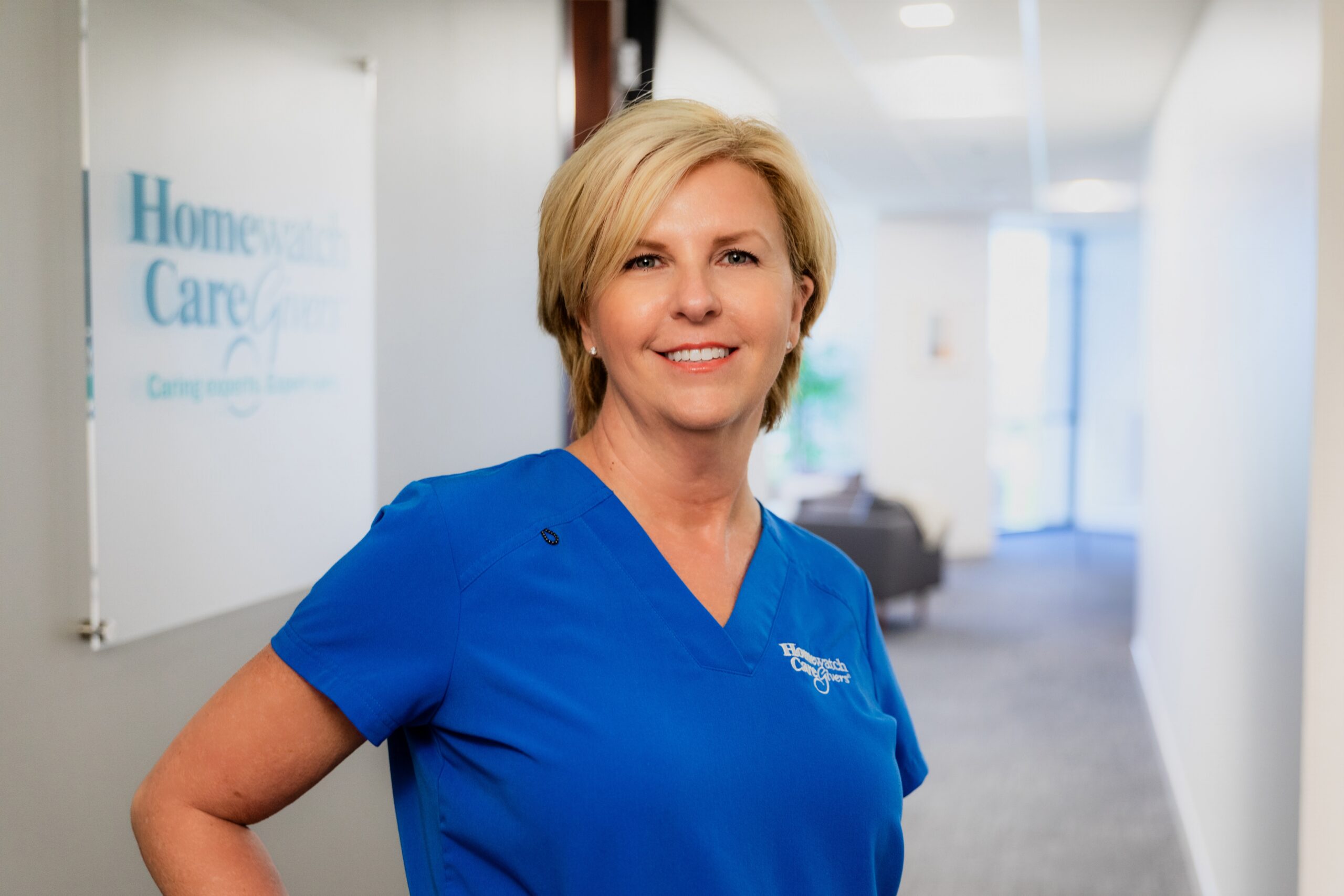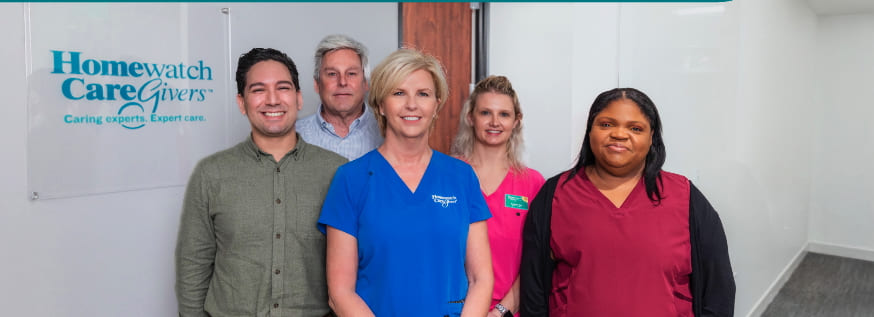Download the Build a Caregiving Business Brochure

What Potential Clients Want to Know About Home Care Right Now
March 4, 2020
As a home care business owner, you benefit from understanding what your potential clients want to know. What questions do they have? What answers are they finding? How can you be better prepared to provide information before the questions are even asked? We rounded up the top five most-read posts in 2019 from our Homewatch CareGivers® consumer blog to determine how we can help you be the best resource for families looking for in-home care.
Here are the subjects that raised the most interest.
Keeping Seniors Safe
The most-read post on our consumer blog in 2019 was titled The 4 Most Surprising Bathroom Hazards for the Elderly. Potential clients and their families are concerned about safety in the home and may be worried about overlooking obvious dangers. As a professional in the home care industry, it’s vital to understand these hazards yourself, as well as being able to identify them and train your employees to do the same. Clients want to know that their caregivers have their safety, security, and wellbeing in mind at all times and being proactive about potential dangers can be invaluable when building trust.
The Realities of Caregiving
There are a lot of misconceptions out there about being a caregiver, finding a caregiver, and paying for a caregiver. Potential clients looking for real talk about these subjects made Busted! Caregiving Myths our second most-read blog post of 2019. Because seniors and their families may be uncovering misinformation from friends, acquaintances, or the internet, it’s your job to provide them with useful, accurate information. Cost and safety are usually at the very top of their list of concerns, but because of the sensitive nature of both topics, potential clients and their loved ones may struggle to ask about them in a direct way. Put their minds at ease by being open, honest, and gentle and foster a dynamic of trust from the start.
Understanding Medicare and Medicaid
Medicare and Medicaid can be confusing for novices, and seniors in need of home care and their families may have a lot of questions about what these programs do or do not cover. We see this in the number of people reading our blog post titled Medicare, Medicaid and Home Care, our third most-read consumer blog post of 2019. Do your research and understand what Medicaid will cover in your state, along with any Medicare and Medicaid requirements related to home care coverage. Stay on top of any changes, such as the small-but-growing number of Medicare Advantage plans that cover non-medical in-home care support services. Our team at Homewatch CareGivers® can provide you, as a franchisee, with more resources to help you identify and understand this information, because potential clients will look to you to translate many of these policies.
Decreasing the Risk of Alzheimer’s Disease
Many seniors and their families are actively looking for ways to Decrease Your Alzheimer’s Disease Risk, which was our fourth most-read blog post in 2019. Our post talked about recent studies linking healthy lifestyle changes to reduced risk of cognitive decline and dementia. Caregivers are in an excellent position to help seniors enact some of these changes, such as adopting a healthier diet and engaging in cognitively stimulating activities, and that’s another thing you can use to set yourself apart when talking to potential clients.
Identifying Early Signs of Alzheimer’s Disease
Much like the search for ways to decrease the risk of cognitive decline, seniors and those close to them are wondering how to identify the early signs of Alzheimer’s disease. Rounding out our top five most-read consumer blog posts was Could Your Next Eye Exam Point to Alzheimer’s Disease?, which explored a recent study that indicated a connection between blood vessel density in the retina and Alzheimer’s disease that could help with early detection. For caregivers who often accompany seniors to doctor’s appointments, staying informed of these kinds of studies could spark important conversations that could lead to improved medical care.
Recent News

From Growth to Impact: Homewatch CareGivers’ 2025 Milestones and 2026 Outlook
February 20, 2026

How to Start an In-Home Care Business: A Step-by-Step Guide
October 7, 2025

What to Expect as a Home Care Franchise Owner
May 6, 2025

5 Things to Know Before Starting a Home Care Franchise in 2025
April 1, 2025

Why Corporate Professionals Are Investing in Senior Care Franchises
April 1, 2025

Todd Houghton Named to 2025 Titan 100 – Celebrating Leadership in Home Care
March 21, 2025

















